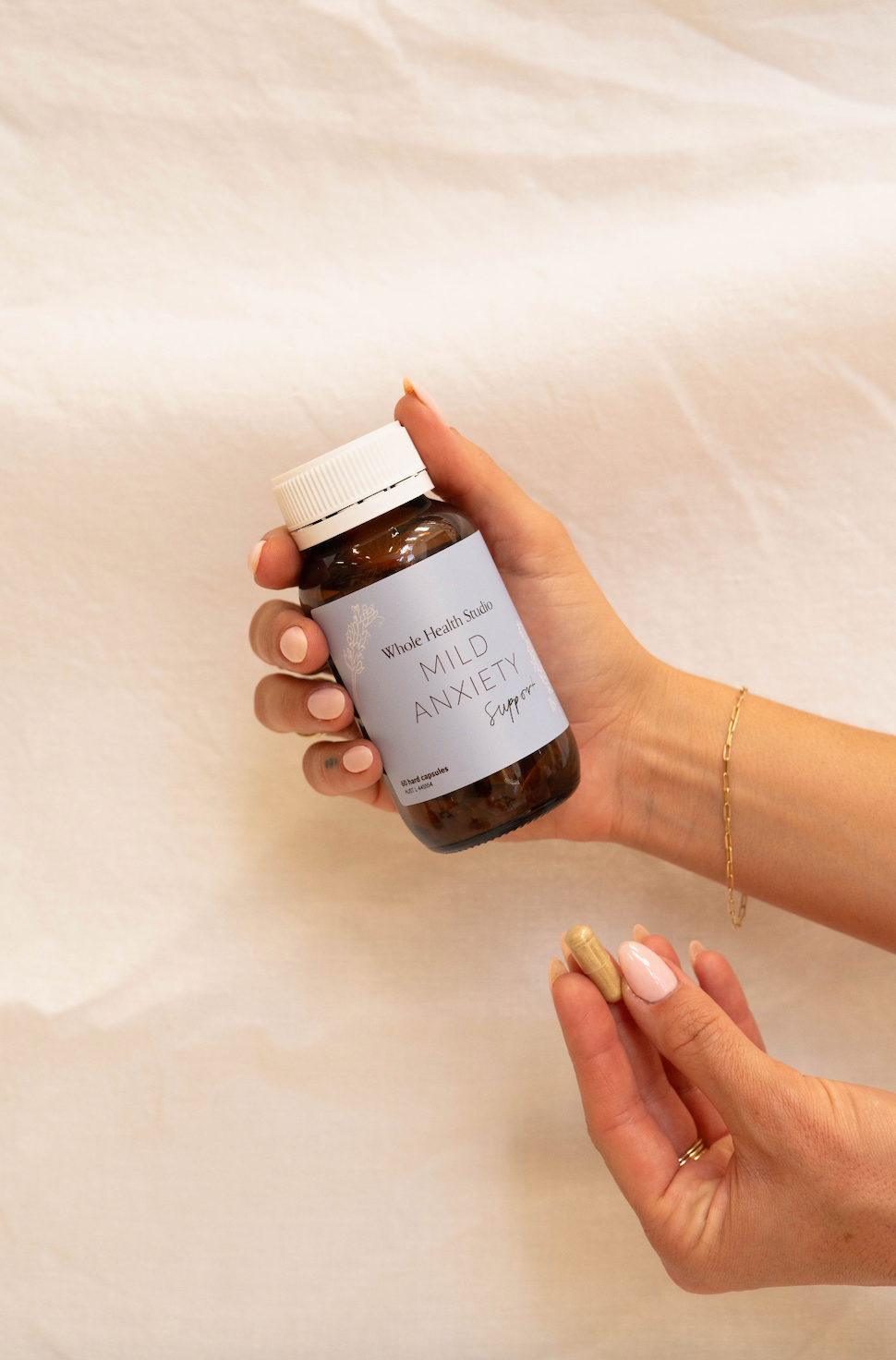
Anxiety is a common experience that can affect anyone, from occasional nervousness to chronic worry that interferes with daily life. While it's a normal response to stress, when anxiety becomes overwhelming or persistent, it can significantly impact one's physical, emotional, and mental well-being.
What Is Anxiety?
Anxiety is the body's natural response to stress, signalling that something important is happening, and we need to pay attention. It triggers a cascade of physiological responses, including the release of stress hormones like cortisol and adrenaline. This "fight or flight" response is essential for survival, but in modern life, it can become chronic and debilitating when left unchecked.
People with anxiety often experience:
- Excessive worrying
- Restlessness or nervous energy
- Difficulty concentrating
- Irritability
- Muscle tension
- Fatigue
- Sleep disturbances
- Digestive issues
Causes of Anxiety:
From a holistic perspective, anxiety is multifactorial, meaning there are many potential causes that contribute to its onset and persistence. Some of these may include:
- Chronic Stress: Ongoing stress, whether from work, relationships, or other areas of life, can deplete the body's resources, making it harder to manage anxiety.
- Nutrient Deficiencies: Certain vitamins and minerals are essential for brain health and mood regulation. Deficiencies in magnesium, B vitamins (especially B6 and B12), and omega-3 fatty acids can increase anxiety.
- Hormonal Imbalances: Hormones like cortisol, estrogen, and progesterone play a significant role in mood regulation. Imbalances in these hormones, such as during the menstrual cycle, postpartum period, or menopause, can exacerbate anxiety.
- Gut Health: The gut-brain connection is powerful. Imbalances in gut flora (dysbiosis), food intolerances, and poor digestion can all contribute to anxiety by impacting neurotransmitter production, including serotonin.
- Sleep Deprivation: Poor sleep or insufficient sleep can make the brain more reactive to stress and heighten anxiety.
- Caffeine and Stimulants: Stimulants like caffeine can trigger or worsen anxiety by increasing the heart rate, mimicking the body’s stress response.
- Trauma or Emotional Factors: Past trauma, unresolved emotions, or ongoing psychological challenges can fuel anxiety, often leading to long-term issues if not addressed.
1. Herbal Medicine
Many herbs have anxiolytic properties, meaning they may help calm the nervous system and reduce mild anxiety. Some of the most effective herbs based on Traditional Western Herbal Medicine include:
- Passionflower
- Ashwagandha (Withania)
- Lavender
- Ziziphus
2. Magnesium Supplementation
Magnesium is a powerful mineral that supports the nervous system by relaxing tense muscles and promoting a sense of calm. It also regulates neurotransmitters like serotonin and dopamine, which play a key role in mood stabilisation.
Foods rich in magnesium include:
- Leafy greens (spinach, kale)
- Nuts and seeds (almonds, pumpkin seeds)
- Whole grains (quinoa, brown rice)
- Legumes (black beans, lentils)
3. Mindfulness and Meditation
Mindfulness practices such as meditation, deep breathing, and yoga are scientifically proven to reduce anxiety by helping people stay present and grounded. These practices activate the parasympathetic nervous system (the "rest and digest" state) and promote relaxation.
A daily mindfulness practice of even 10 minutes can significantly reduce anxiety levels over time.
4. Balancing Blood Sugar
Blood sugar imbalances can lead to mood swings and anxiety. To avoid this, focus on eating balanced meals with a combination of healthy fats, proteins, and complex carbohydrates to stabilise blood sugar levels. Avoid sugary foods and refined carbohydrates, which can lead to blood sugar spikes and crashes, exacerbating anxiety.
5. Lifestyle Changes
Regular physical activity, spending time in nature, and maintaining a consistent sleep schedule are all powerful tools in managing anxiety. Exercise, in particular, releases endorphins and reduces stress hormones, offering immediate and long-term anxiety relief

